Whether or not the church should actively participate in politics is a matter that sparks heated debates among Christians. On one side, some view politics as a “dirty game” that could stain the church’s reputation and compromise its sanctity. Proponents of this view hold that the church should remain distant from political affairs. On the other hand, others firmly believe that the church should engage in politics to exemplify Christ’s teachings and foster societal transformation. For those advocating the church’s involvement in politics, the challenge lies in preserving the church’s independence while assuming key political roles. Striking this delicate balance between political activity and maintaining autonomy becomes imperative. However, recent revelations of corruption, mismanagement of funds, and a lack of transparency within Ghana’s National Cathedral project have raised genuine concerns about the integrity and moral standards of church leaders. These revelations prompt crucial questions about their capacity to retain public trust and uphold their sacred responsibilities within their own churches.
The government of Ghana’s appointment of the Ghana National Cathedral Board of Trustees, comprising eminent church leaders, is a significant example of how the church can collaborate with the government in politics. The inception of the idea to construct the national cathedral sparked considerable controversy nationwide, with most Ghanaians expressing objections. However, the selection of church leaders as custodians and trustees of the cathedral brought a ray of hope to many, as it implied that the church would not only be responsible for fundraising but also ensure accountability and combat corruption – two formidable obstacles to development in Ghana.
The lack of accountability and corruption have long been considered primary social cancers hampering Ghana’s progress. With the government’s decision to appoint the cathedral board of trustees, the church was presented with a unique opportunity to exemplify what good governance should look like. Through this partnership, the church had a chance to demonstrate its commitment to transparency and integrity. By actively overseeing the cathedral’s fundraising and construction, the appointed church leaders had the mandate to showcase a model of responsible leadership, guiding the project with unwavering ethical principles. The appointment of church leaders as trustees also sent a powerful message to the public. It showed that the government recognizes the church’s potential as an agent of positive change, entrusting it with an essential national project. This recognition was supposed to strengthen public trust in the church and the government, fostering a sense of unity, accountability, and purpose in the collective pursuit of development and progress.
The national cathedral was envisioned as a magnificent monument to honor the name of God and reaffirm Ghanaian beliefs in God as the source of peace, unity, and progress as a nation. However, the emergence of numerous scandals related to the project has cast a shadow over its noble intentions, indicating that the cathedral became a lucrative venture not just for politicians but also for the board of trustees.
The project’s lack of transparency regarding contracts, the use of state funds, the double identity of the Trustee’s secretary, as revealed by the Honorable Samuel Okudzeto Ablakwa, the resignation of some trustees, including the Rev. Dr. Dag Heward-Mills, Pastor Mensah Otabil, Rev Prof. Cephas Narh Omenyo, and the Attorney General of Ghana have all cast a dark cloud over the integrity and reputation of the Trustees. It leaves me wondering how these esteemed men of God could allow corruption, misappropriation, and the lack of transparency to persist unchecked. The shocking call for an audit and suspension of the cathedral project by two eminent clergymen and members of the Board of Trustees, Archbishop Duncan Williams and Reverend Eastwood Anaba, brought the issue to light. An excerpt from their memo on January 23, 2023, reads:
“That in the spirit and cause of transparency and accountability to the Ghanaian people, the current Board of Trustees of the National Cathedral shall appoint an independent, nationally recognized accounting firm to audit all public funds contributed to and spent by the National Cathedral…Auditors will also audit the overall cost of the project. This appointment of an auditor shall take place before the deferment of activities of the Board of Trustees.”
While their call for an audit is justified, it also reveals a concerning moral decadence within the church. If these church leaders can oversee such corruption in a significant national project, one can’t help but wonder what might be happening within their own churches. Their apparent lack of concern about the use and overpayment of state funds to contractors, despite promising not to deploy state funds for the project, raises questions about their honesty and integrity. The continued presence of the Trustee’s secretary, Rev. Victor Kusi, aka Kwabena Edu Gyemfi, despite various conflicts of interest and double identity allegations, sets an example as to what happens within their own churches. Even after Archbishop Duncan Williams and Reverend Eastwood Anaba called for the “deferment of activities of the Board of Trustees,” it is disheartening to see the cathedral secretariat continuing fundraising, disregarding the call. Such actions defy the principles of transparency and accountability that the cathedral’s Trustees should uphold. Is it not ironic that the church, expected to set an example and hold the government accountable for transparency and good governance, finds itself entangled in a web of corruption and mismanagement? Paul reminds us that “among you, as is proper among the saints, there must not be even a hint of sexual immorality, or of any kind of impurity, or of greed” (Eph 5:3 BSB). This serves as a poignant reminder of the high moral standards that should be exemplified by church leaders, both in their conduct and in their responsibilities as custodians of public trust.
The church leadership (Cathedral Trustees) must reflect on their actions and take appropriate steps to restore faith and confidence in Ghanaians. Transparency, accountability, and adherence to ethical principles are paramount in fulfilling their sacred responsibilities to their congregations and to the society. The national cathedral project gave the church an opportunity to set a positive example in the Ghana’s political arena; unfortunately, it fell short, leaving a stain on its reputation
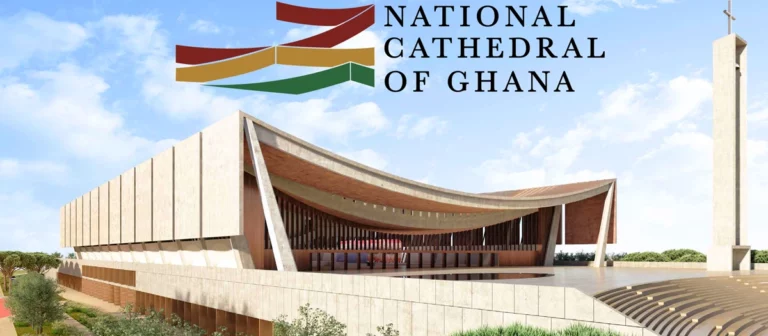

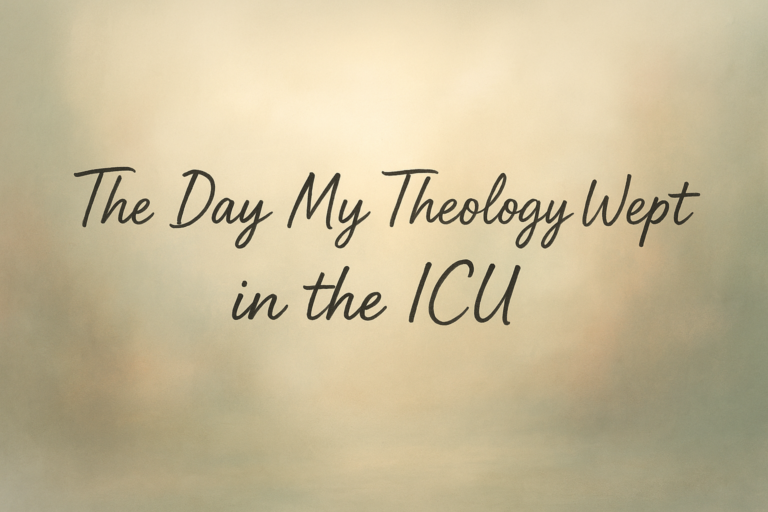
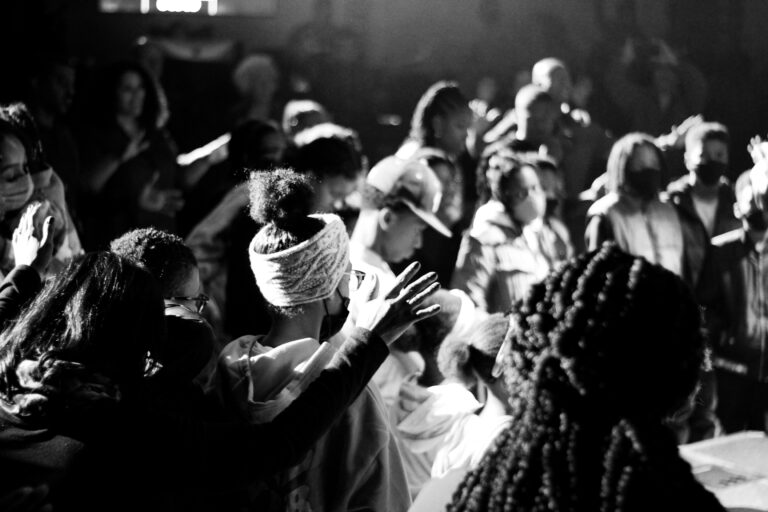
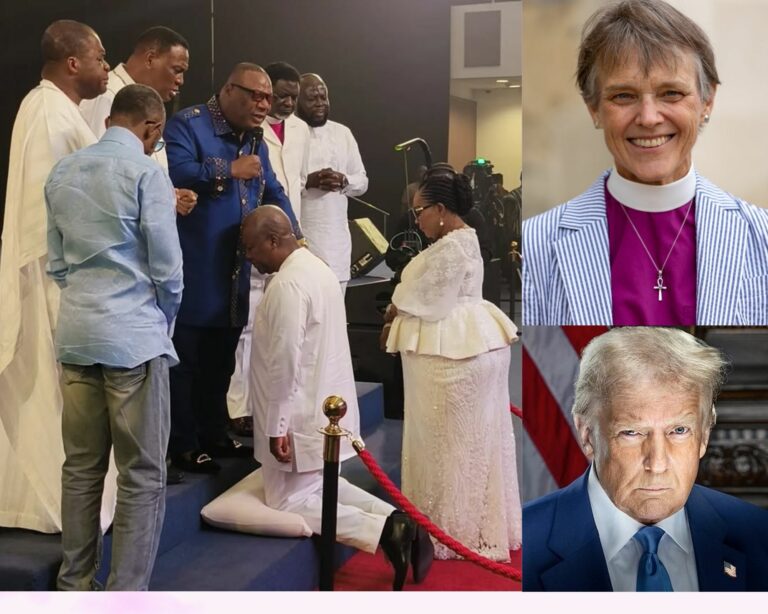
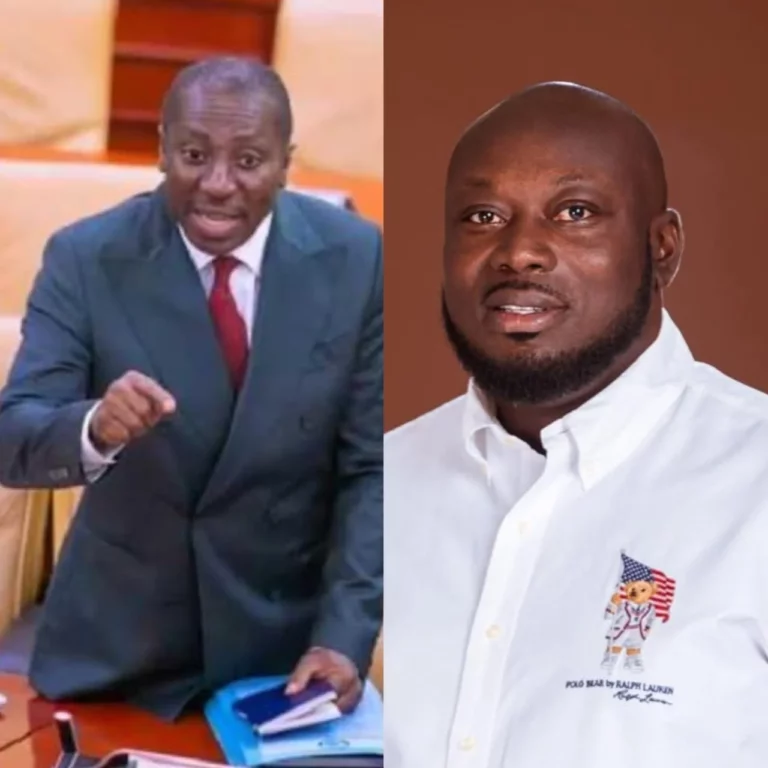
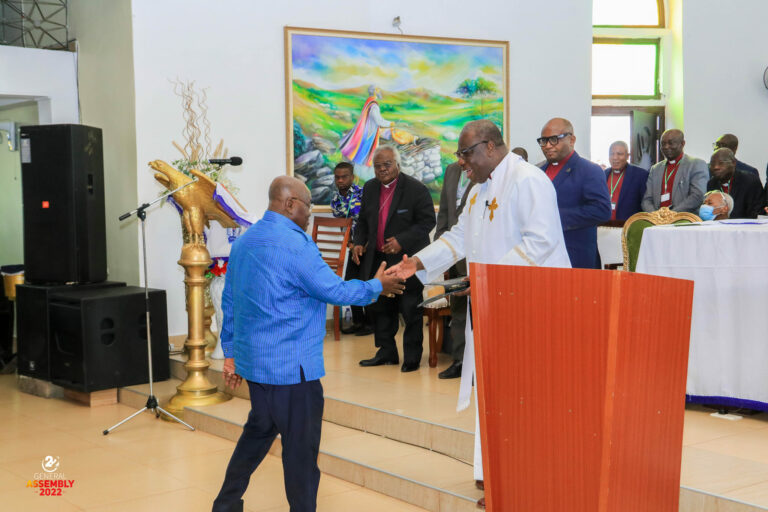
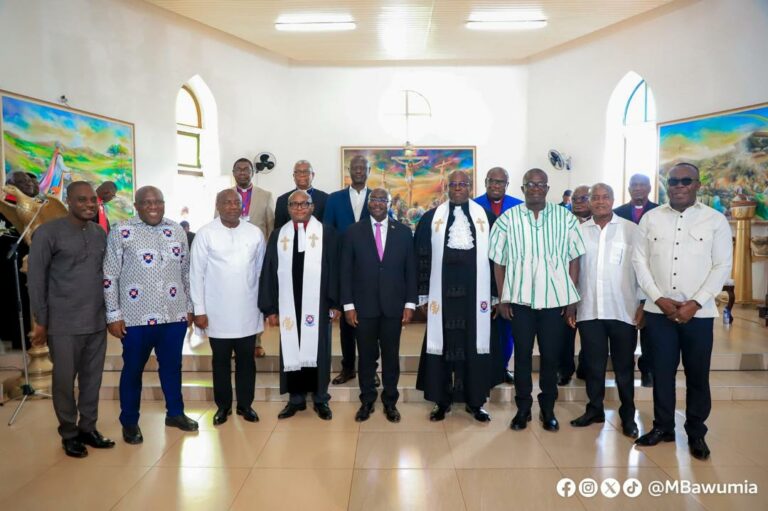
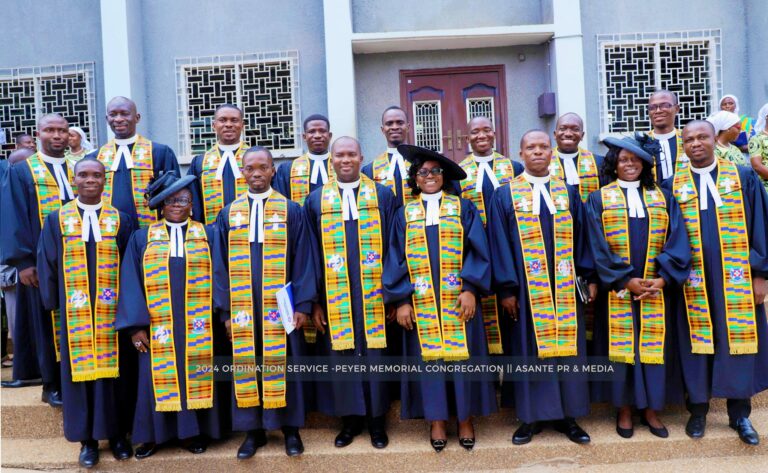
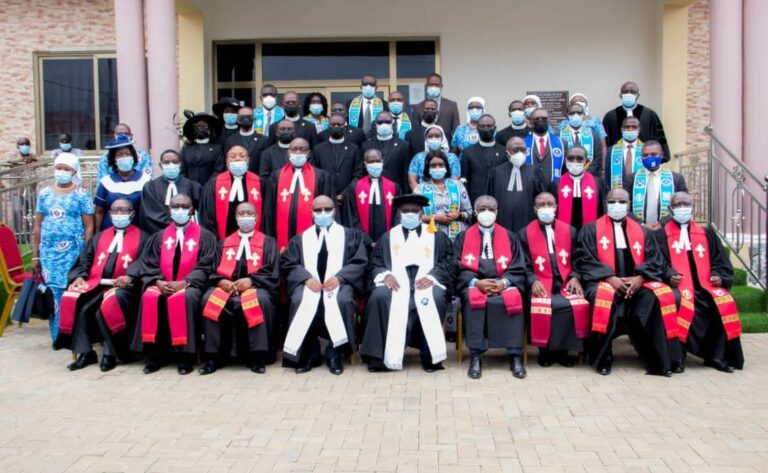


This Post Has 11 Comments
Nice piece @ prof
Thank you Abu
Waoo! This is fire 🔥 lit and placed on the right right lamp stand.
My brother God bless you.
Thank you Papa
Alfred. Long time. I hope things are moving on well. To your Q. The ‘Church’? Who is the Church? Certainly not the building but the individuals. So already individuals members who gather to pray belong to one political ideology or the othe. Also those same individuals also comes from families and each of them are driven by motives and perception. Thus informing their behaviors and actions. So if we are in the Church we should ask ourselves what is our motives for coming?. A mother once ask a son ‘kofi’ when did you become a pastor that you got money to build a house that fire has gutted it that you are lamenting. Some body may say that why should a mother ask that question? But the mother know her son better. The bottom line is ‘Motives’ . What was the motive of the National Cathedral? If the cathedral was for Christians in Ghana we should have been in the forfront. If it was the president promise to God we could help him. But the entire thing was milky. if i want to build a Church for a particular community for people to worship in it and there are already existing buildings on it the question will be will Christ have destroyed those buildings? Having in mind John 4: 12-25?
The amount of money spend couldn’t we have gotten a land to build not necessarily in Accra? And even if in Accra, the Akimota forest that we are busy grabbing for families couldn’t we have design the building in such a way that it could fit in to the forest and the entire forest place turned totally to a prayer and reflection center and parks?
So as Christians we need to engaged in politics and bring Gods kingdom on earth to fulfillment. Jesus ask us to make disciples of Nations not individuals. That is what we should go to politics with. That we bring the three fold ministry of Christ to bear. The poor, needy, vulnerable matter to us.
The resources of the Nation used very well. Q. All the ministers who were involved will their church council oversee this kind of project expenditure in their denominations? Certainly no. If we measure all these well and act well there will be santity. I have always said ‘ If you are a Christian in an organization and they are planing to steal money or do something negative and you are coming and they say ‘ oh Mr. A is coming let us wait he will give us a good plan? You have lost your identity, Your saltines is gotten, and your light is covered.
For the National Cathedral, the less talk about it the better.
Finally, we must be careful the way things are moving in the Church these days we ‘worship’ people with unexplained sources of wealth. We must let out members know that they need to maintain their intergrity where ever they find themselves including politics.
Thank you.
Papa Asarah, it is good to hear from you.
Your wisdom and insight on this matter are greatly appreciated. I truly admire the perspective you brought to the discussion, focusing on the concept of “motive.” The points you touched upon are crucial, and we can all learn valuable lessons from them. Undoubtedly, the church must take the lead and set an example for others to follow.
Thank you once again for sharing your thoughts and knowledge
Nice write up but I have a limitation
Some politicians in Ghana are reducing the power of government institutions such as The Parliament( The Legislative Arm of government) to some level of mediocrity. A parliamentarian who has power to sermon people including government appointees to the floor of parliament and question them about a scandal has chose to resort to the court of public opinion. Have you asked, why?
Possibly the quest for power and Ghanaians are good “public opinion Judges” when issues of sensitivity are dropped on the social media.
Now whatever is happening now with the cathedral issues is nothing different from seeking justice from the court of public opinion. Whatever is happening is against the principle of natural justice, particularly audi alteram partem. We’ve just listened to Okudzato on all the scandals he has dropped. How true are they? Have we given whomever those allegations are concerned the chance to explain their side of the issue.
Some Ghanaians, of which I belong, feel that the idea of the cathedral is a misplaced priority and will be fumed with rage against the government and the secretariats on such news in the public.
This is wrong and bias against them.
For the audit, I think it is the role of the Ghana Audit and not an independent whatever because it might involve government fund and not just the call of any independent audit company by 2 board members. Even so, what if the members feel like there is nothing against them and any audit can exonerate them rather than tarnish their image as it is been speculated?
Why hasn’t Okudzato use his power as a parliamentarian sermoned whoever is involved in whatever scandal to respond or better still use the office of CHRAJ or SP to prosecute corrupt officials?
These are excellent questions, Theo. Thank you for raising them.
From various sources, it appears that the Honorable MP has followed all the necessary procedures to demand accountability. He presented a motion on the floor of parliament, which has been accepted by the speaker. Additionally, he filed a complaint with CHRAJ regarding the matter.
Regarding his claims, the high court has ruled in his favor, affirming his double identity claim against the Trustee’s secretary. Moreover, the Cathedral board has been unable to refute his allegations with any substantial evidence.
The concerning point here is why such issues must arise among esteemed men of God on the board. The details of Rev. Dag’s resignation, which we all read, were quite alarming.
Thanks for passing by.
Hello Alfred, this is an outstanding write up which depicts a clear reflection what of how some of our renowned men of God has failed us. Its unfortunate but the question I want to ask is this: with this our worst economic crisis, is the building of a national cathedral a priority? And to what benefit can the building of this cathedral bring to the current increasing unemployment and other bad sectors of our economy?
Hello Solo,
Thanks for your comment. Your question is truly significant. The church plays a crucial role in Ghana’s development, but in recent times, it has fallen short in fulfilling this essential mandate in many ways.
More fire 🔥Theology is fine!
Comments are closed.